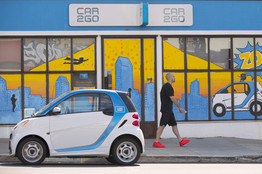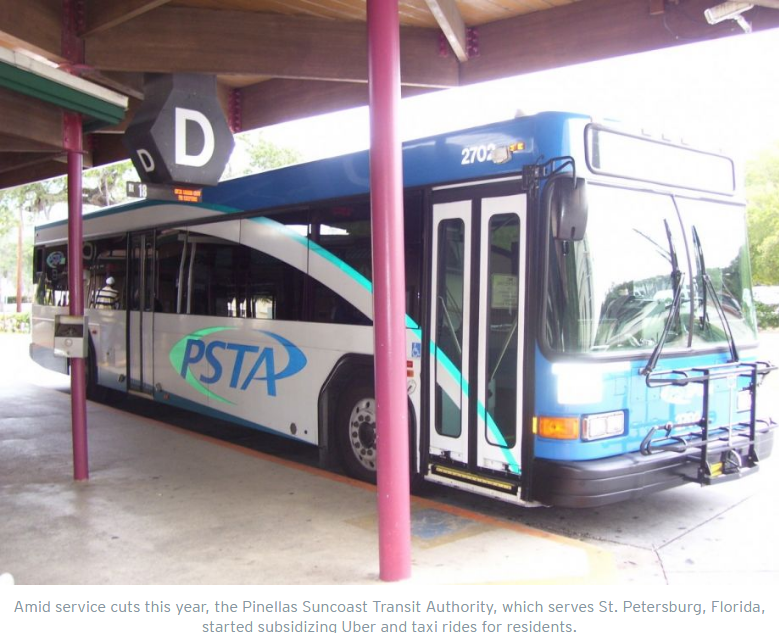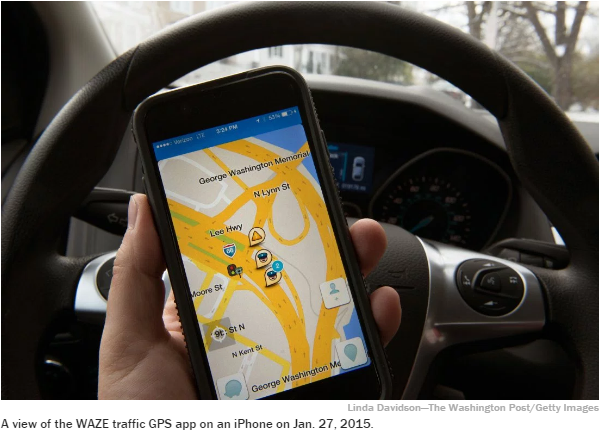
by Innovative Mobility Research | Aug 18, 2017 |
By: Susan Shaheen, 16 August 2017 Generations of ecologists, urban planners, and engineers have undoubtedly been influenced by the events that shaped their lives. Today, we are confronted with an infrastructure and economic challenge of epic proportions. Across the globe, our cities suffer from poor air quality and worsening congestion that strangles our roads and highways; wastes time and diminishes the savings and expendable income of families; and adversely impacts quality of life. In recent years, technological, economic, and environmental forces have quickly given rise to “Smart Cities” – a collective of municipal public and private partnerships leveraging information and communications technology (ICT) to more intelligently and efficiently use resources with the goals of achieving energy and taxpayer savings, improving service delivery and quality of life, and reducing adverse environmental impacts – all supporting innovation, government efficiency, and environmental sustainability. While precise definitions of smart cities may vary, smart cities frequently use ICT to manage an ecosystem of civic resources including: transportation systems, telecommunications, utilities, health and human services, public safety, and other community services. In both Europe and the United States, the transport sector accounts for approximately one quarter of greenhouse gas (GHG) emissions. The European Commission estimates that more than 70% of transportation GHG-related emissions come from roadway users. To read the rest of the article,...

by Innovative Mobility Research | Jul 19, 2017 |
By Adrienne Roberts Updated July 14, 2017 2:33 p.m. ET America’s car-sharing industry is struggling as some major operators scale back because of weak demand in certain cities, vandalism and competition from ride-hailing services like Uber. Enterprise Holdings Inc.’s Enterprise Rent-A-Car closed its CarShare membership service in six major cities in recent weeks, following similar moves by other providers. To read the full story, visit:...

by Innovative Mobility Research | Oct 19, 2016 |
BY JOSH COHEN SEPTEMBER 8, 2016 In St. Petersburg, Florida — a city of about 257,000 residents sitting on the Gulf Coast next to Tampa — people have just a few options for getting around town. They can, of course, drive personal cars, walk or bike; catch a bus operated by the Pinellas Suncoast Transit Authority (PSTA); or hire taxis and Ubers. From February to August this year, the last mode choice on that list was likely the cheapest, most efficient option for accessing the bus. In an effort to encourage transit ridership and alleviate the impact of service cuts brought on by budget woes, PSTA was subsidizing 50 percent of the cost of taking rides with Uber, United Taxi (the local cab company) or Care Ride (a paratransit service) if those rides were connecting to the bus. That sort of partnership between public transit agency and ride-hailing company isn’t yet common, but examples are popping up around the country as cash-strapped municipalities look for ways to supplement their bus and rail routes and better serve low-density areas with so-so transit ridership. Those in favor of the arrangement say taking advantage of new technologies and service providers is a win-win for forward-looking transit agencies. Skeptics caution that the things that make companies such as Uber and Lyft profitable are incompatible with transit agencies’ obligation to provide quality, convenient, equitable service. To read the full article, visit:...

by Innovative Mobility Research | Oct 19, 2016 |
By Andy Murdock, UC Newsroom Friday, September 2, 2016 You don’t need to be a rocket scientist to figure out why UC Berkeley has designated parking areas for Nobel Laureates: if there’s one thing harder to snag than a Nobel prize, it’s a parking space on a UC campus. This is not just a UC issue: The experience of parking on college campuses across the country can often involve circling and circling in hopes of finding someone leaving, expensive permits or parking meters, or long walks from distant overflow lots. “Traffic and the lack of parking are growing problems on college and university campuses as student car owners continue to outnumber available parking,” said Susan Shaheen, co-director of UC Berkeley’s Transportation Sustainability Research Center (TSRC). To read the full article, visit:...

by Innovative Mobility Research | Sep 21, 2016 |
By: Katy Steinmetz Aug. 31, 2016 When news broke that Google has been pilot testing a ride-sharing program through the Waze app, some were surprised to read that the company “doesn’t plan to vet” drivers. Instead the company would depend on a user-review system, as the pilot expands around San Francisco. But how is that possible, when competitors like Uber and Lyft have to do background checks on their drivers and many city officials have insisted that they should be fingerprinting them too? The answer is that there is a legal distinction between what Uber and Lyft do and what transportation experts call “true ride-sharing.” And there are hints that Google has been taking pains to make their pilot look like the latter. To read the full article,...






